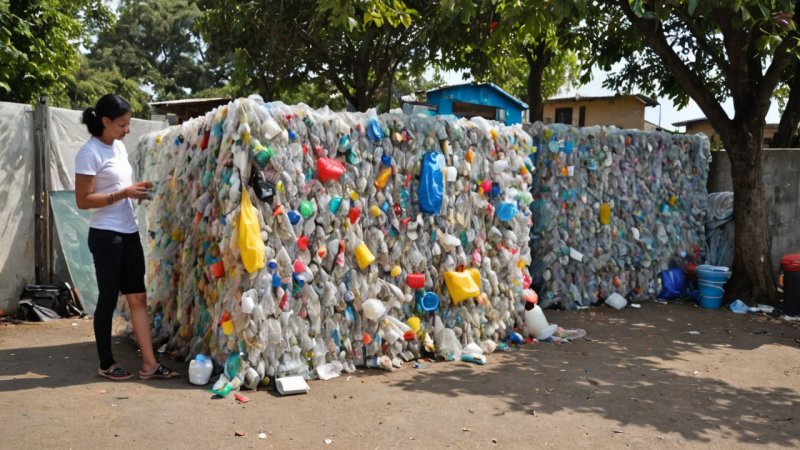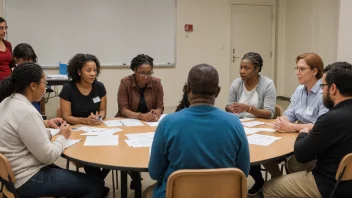Plastic waste is an escalating crisis that threatens our ecosystems and health. As individuals, we can play a crucial role in mitigating this issue by adopting innovative strategies to cut plastic waste in our daily lives. Here are some actionable steps that can lead to a substantial reduction in plastic consumption.
Start by rethinking your food shopping habits. Opt for bulk bins in grocery stores instead of pre-packaged items. Bring your own containers to fill with grains, nuts, and spices. This not only reduces plastic packaging but also allows you to buy only what you need, minimizing food waste.
Consider meal planning to further minimize the need for plastic. By planning your meals for the week, you can reduce impulse purchases and avoid unnecessary packaging. When grocery shopping, make a list and stick to it, focusing on fresh produce and whole foods. This also opens the door to exploring local farmers' markets, where you can buy fresh produce without the plastic wrap.
In the kitchen, replace single-use plastic utensils and plates with reusable options. Invest in a set of stainless steel or bamboo utensils and washable cloth napkins. You can also use glass or stainless steel containers for leftovers instead of plastic wrap. These small changes can make a significant difference over time.
When it comes to beverages, consider making coffee at home instead of purchasing it from coffee shops that often use plastic cups and straws. Bring your own reusable coffee cup when you do go out, and don’t hesitate to ask for your drink without a straw. If you enjoy tea, use a loose-leaf tea infuser rather than tea bags, which often contain plastic.
Another area to focus on is personal hygiene products. Many toiletries come in plastic packaging, but there are alternatives available. Look for bar soap instead of liquid soap in plastic bottles, and consider solid shampoo bars instead of bottled shampoo. These products are not only eco-friendly but often made with natural ingredients that are better for your skin and hair.
Participate in local initiatives aimed at reducing plastic waste. Many communities host workshops on sustainable living, where you can learn about composting, upcycling, and plastic-free alternatives. Joining these workshops can connect you with like-minded individuals who are committed to making a difference.
In your workplace, advocate for a plastic-free environment. Encourage your employer to provide reusable cups and utensils, and suggest a ban on single-use items. Simple changes in the workplace can lead to collective action, making a significant impact.
Use social media as a platform to inspire others to reduce their plastic use. Share your journey and tips on how you’re cutting down on plastic consumption. This can motivate friends and followers to reassess their habits and join you in making more sustainable choices.
Lastly, educate yourself about where your plastic waste goes. Understanding the lifecycle of plastic can empower you to make informed choices and advocate for systemic changes in your community. Support organizations that work toward reducing plastic production and promoting sustainable alternatives.
Every step counts, and by being mindful of your plastic consumption, you can contribute to a healthier planet. Embrace these innovative strategies and inspire those around you to join the movement toward a plastic-free future.
Innovative Ways to Cut Plastic Waste Today
Explore innovative strategies to cut plastic waste in your daily life and contribute to a healthier planet.






